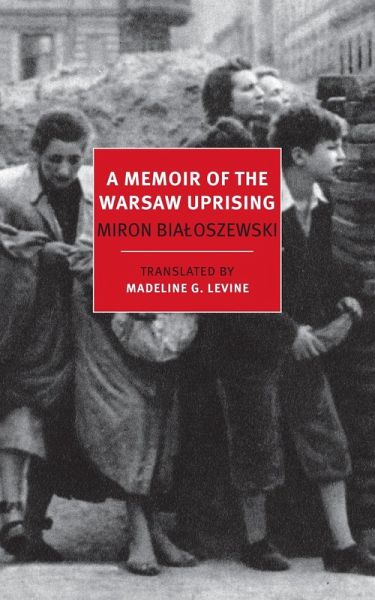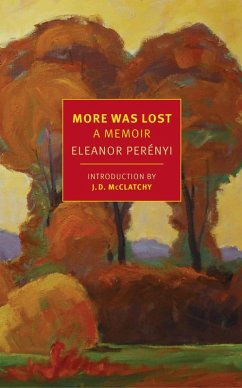
A Memoir of the Warsaw Uprising (eBook, ePUB)
Versandkostenfrei!
Sofort per Download lieferbar
10,95 €
inkl. MwSt.
Weitere Ausgaben:

PAYBACK Punkte
5 °P sammeln!
A blow-by-blow, ground-level account of the 1944 Warsaw Uprising, the 2-month Polish Resistance effort to liberate Warsaw from Nazi occupation. Poland's most famous post-war poet offers "the finest book about the insurrection of 1944"-an essential read for fans of WW2 history (John Carpenter). On August 1, 1944, Miron Bialoszewski, later to gain renown as one of Poland's most innovative poets, went out to run an errand for his mother and ran into history. With Soviet forces on the outskirts of Warsaw, the Polish capital revolted against 5 years of Nazi occupation, an uprising that began in a s...
A blow-by-blow, ground-level account of the 1944 Warsaw Uprising, the 2-month Polish Resistance effort to liberate Warsaw from Nazi occupation. Poland's most famous post-war poet offers "the finest book about the insurrection of 1944"-an essential read for fans of WW2 history (John Carpenter). On August 1, 1944, Miron Bialoszewski, later to gain renown as one of Poland's most innovative poets, went out to run an errand for his mother and ran into history. With Soviet forces on the outskirts of Warsaw, the Polish capital revolted against 5 years of Nazi occupation, an uprising that began in a spirit of heroic optimism. 63 days later it came to a tragic end. The Nazis suppressed the insurgents ruthlessly, reducing Warsaw to rubble while slaughtering some 200,000 people, mostly through mass executions. The Red Army simply looked on. First written over 25 years after the uprising, Bialoszewski's account gives readers an unforgettable sense of the chaos and immediacy of the final days of World War II. He tells of slipping back and forth under German fire, dodging sniper bullets, collapsing with exhaustion, rescuing the wounded, and burying the dead. This unusual memoir is a major work of literature and a reflection on memory that resists the terrible destruction it records. Madeline G. Levine has extensively revised her 1977 translation, and passages that were unpublishable in Communist Poland have been restored.
Dieser Download kann aus rechtlichen Gründen nur mit Rechnungsadresse in A, B, BG, CY, CZ, D, DK, EW, E, FIN, F, GR, HR, H, IRL, I, LT, L, LR, M, NL, PL, P, R, S, SLO, SK ausgeliefert werden.













